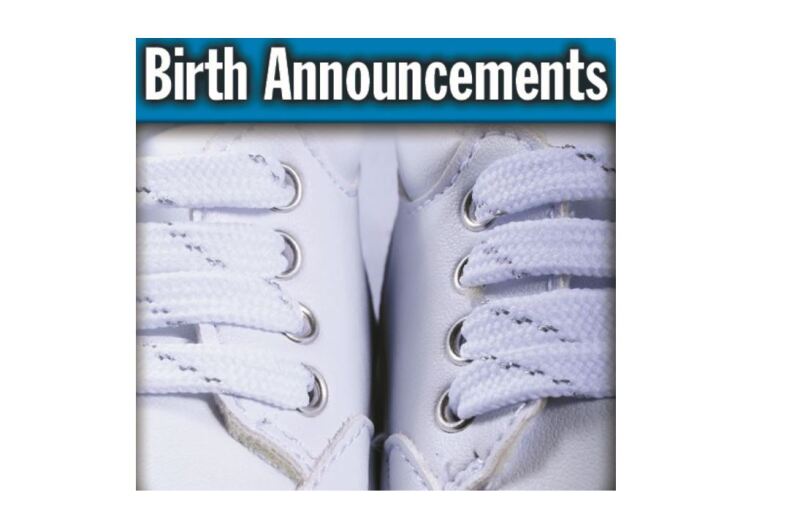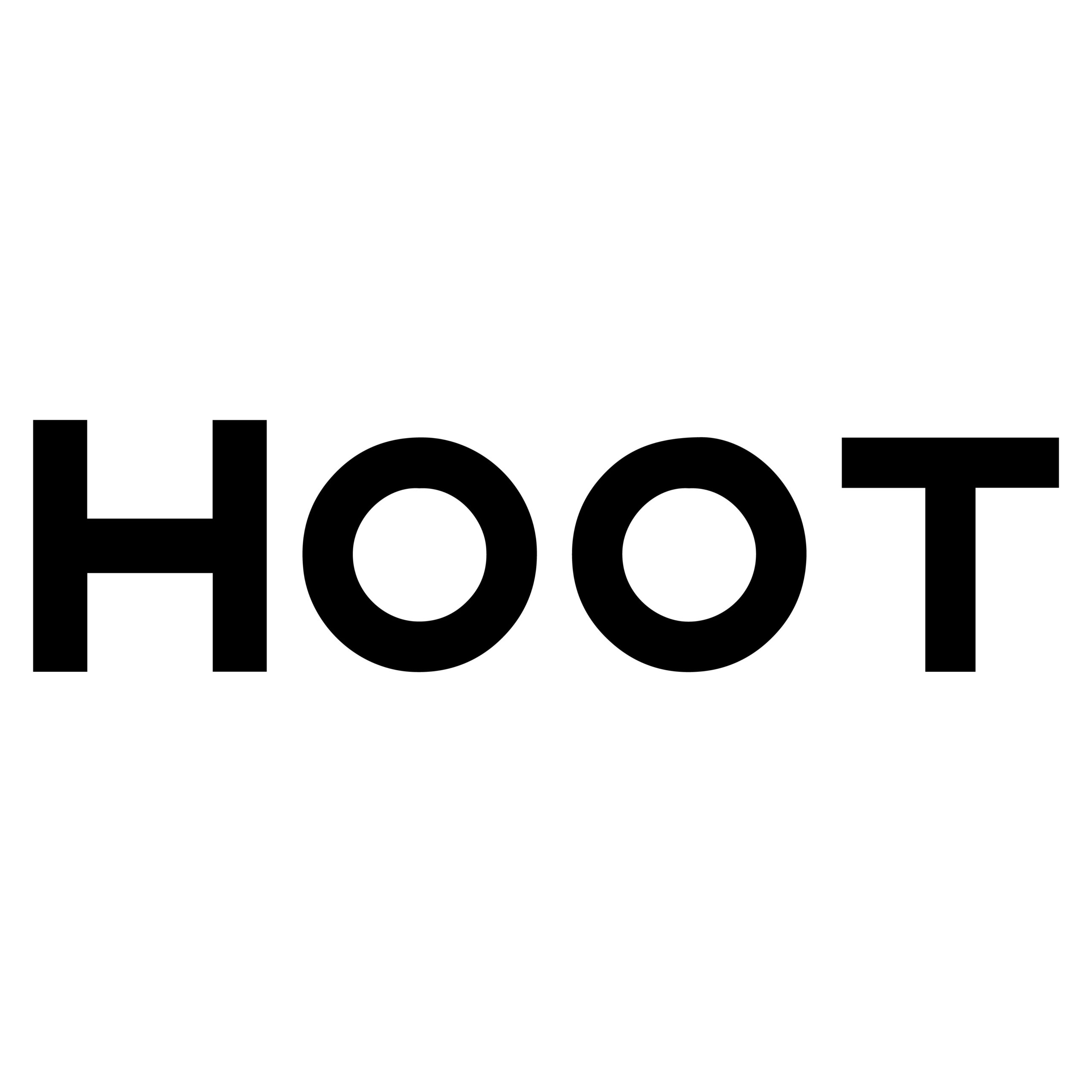Educators across the United States are expressing significant concern over proposed changes to the categorization of nursing education programs by the Department of Education, as suggested by the Trump administration. The American Association of Colleges of Nursing has reported that these changes could drastically impact the financial support available to nursing students, potentially reshaping the healthcare landscape nationwide.
According to the proposal, nursing may be excluded from the list of “professional degree” programs, which would directly affect the student loan limits for nursing students. Currently, students in nursing programs can borrow up to $20,000 annually, whereas those in fields such as medical, dental, or pharmacy schools are eligible for loans of up to $50,000 each year. The implications of this funding disparity have raised alarms among nursing educators, particularly as the country faces a persistent nursing shortage.
Eileen Collins, dean of the University of Illinois Chicago College of Nursing, emphasized the potential consequences of these changes. “Now student loans are being tied to that definition of a profession,” Collins stated. She highlighted that many advanced nursing degrees cost significantly more than the proposed borrowing limits, which could deter future nurses from entering the field.
Concerns are echoed by Lorna Finnegan, dean of the Loyola University School of Medicine. “With the demand for nursing outpacing the supply, this is really going to cause people who are entering the profession to reconsider,” she said. The ongoing shortage of nurses is a pressing issue not only in Chicago and Illinois but also nationwide, making the timing of these proposed changes particularly troubling.
The American Nurses Association has also weighed in, arguing that limiting borrowing capacity for nursing students will further exacerbate the shortage of qualified professionals in the field. President Jennifer Mensik firmly stated, “Capping nurses at $100,000 isn’t going to work. Why we cannot have the same amount as physicians is unfathomable.”
In response to the backlash, the Department of Education issued a statement to Newsweek, asserting that concerns from educational institutions are unfounded. “We’re not surprised that some institutions are crying wolf over regulations that never existed because their unlimited tuition ride on the taxpayer dime is over,” the statement read.
As discussions continue, the nursing community remains vigilant. The potential exclusion of nursing from professional degree status represents a critical moment in the evolution of healthcare education and could have lasting repercussions for the future of nursing as a profession. Educators and advocates are calling for reevaluation of these proposals, urging policymakers to consider the implications for student access and healthcare quality across the nation.







